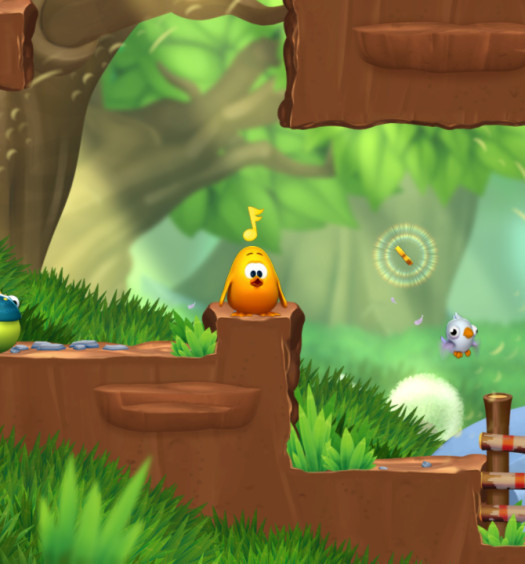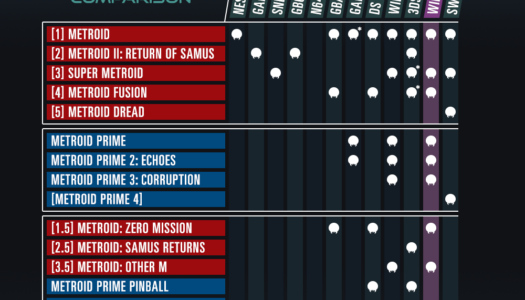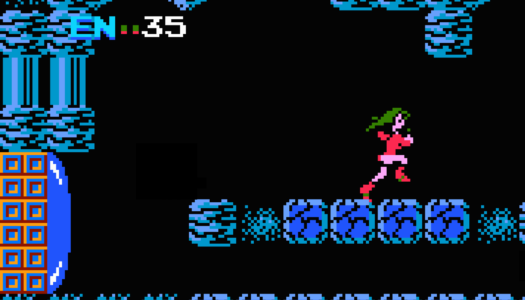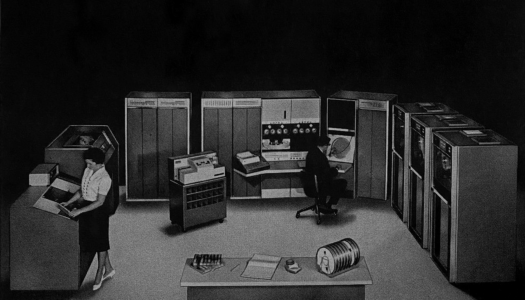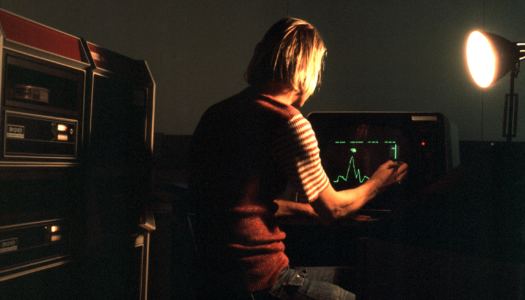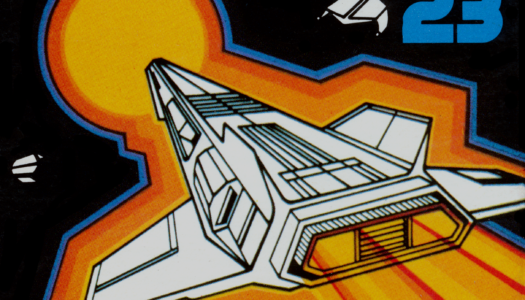Mercury Hg

Publisher: UTV Ignition Entertainment / Developer: Eiconic Games Ltd Platform: PSN, XBLA
Mercury Hg is another entry into the two Mercury games found on the PSP, however this time it made the move over to the Xbox Live Arcade. I was a fan of the Merble Madness-esque puzzles of the previous two games but I was always put off by the color-combining and switch puzzles that were also thrown into the mix. Is Mercury Hg a worthwhile step forward for the series?
Off the bat, Mercury Hg has a few obvious changes from the two previous Mercury games. First off, the game controls more like Super Monkey Ball than Marble Madness, as you tilt the entire level to move your blob of mercury around rather than controlling it directly. This adds a little bit of disorientation at first – especially due to the fact that the camera can be a little finicky at times – but it ends up feeling more natural. Another noticeable change is, once again, the art style. The first Mercury game had a sort of laboratory setting, while the second went for a more cartoonish, cel-shaded look. Mercury Hg changes things up once again by giving everything a clean, almost iPod-esque palette with lots of bright whites and solid colors. I honestly like Mercury Hg‘s art style better than the previous games, expecially in the way it lends itself to the level design.
The purpose of each level in Mercury Hg is to simply get to the goal in the fastest amount of time possible, while at the same time losing as little of your mercury blob as you can. Most of the levels are sort of floating out in space, so making sure your mercury blob doesn’t spill over an edge is important. One of my favorite aspects of Mercury Hg is how much fun they had with some of the levels. For instance, one or two levels actually have the entirety of the floor rolled up like a carpet that actually unfurls as you traverse the stage. Its really neat watching the level build (and un-build) itself as you roll along. Many of the levels have neat tricks such as this, which helps prevent the game from getting boring.

While there is quite a bit of variety to the levels in Mercury Hg, it’s unfortunate how short the overall game is. I had finished the main “Discovery Mode” in about two hours tops, and while there is a “Challenge Mode” (finishing groups of Discovery Mode levels in a limited amount of time and with a limited amount of mercury) as well as a fair amount of bonus levels (harder versions of Discovery Mode levels in which you have to collect a specific amount of items before finishing), you’ll find yourself taunted by the level packs on the level select screen marked as DLC.
Mercury Hg is a solid, fun puzzle-platforming game that, despite its brief length, is only 400 Microsoft Points. The only major problems I had with the game had to do with specific levels (having to control more than one blob at a time is never fun), so I found it to be an overall enjoyable experience.


